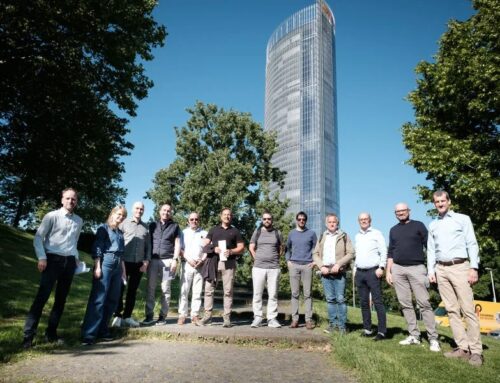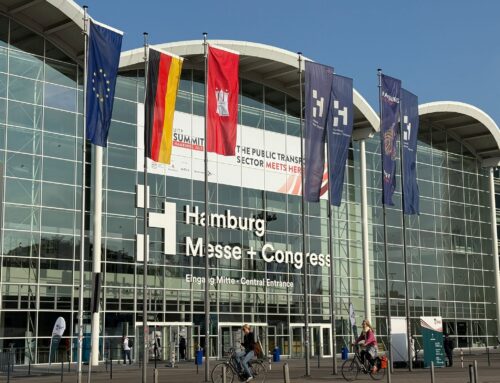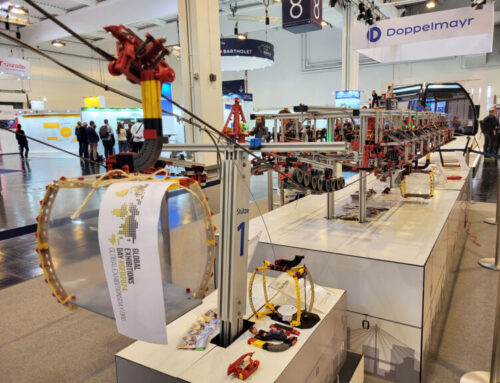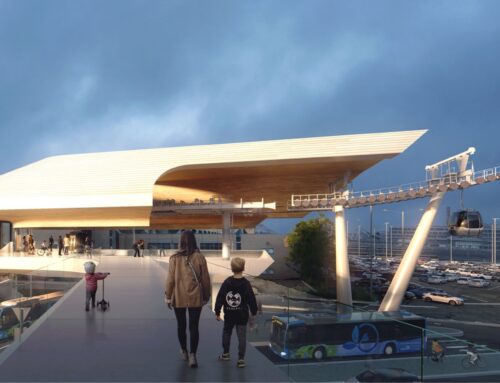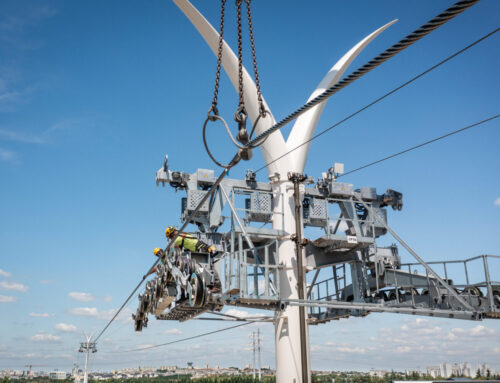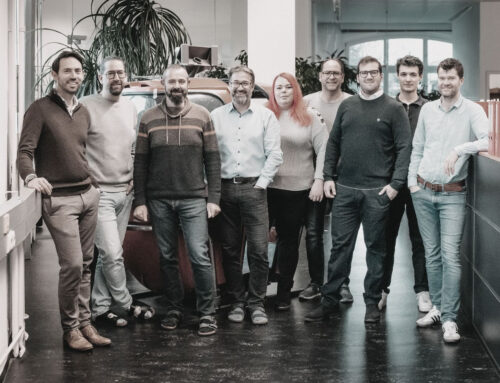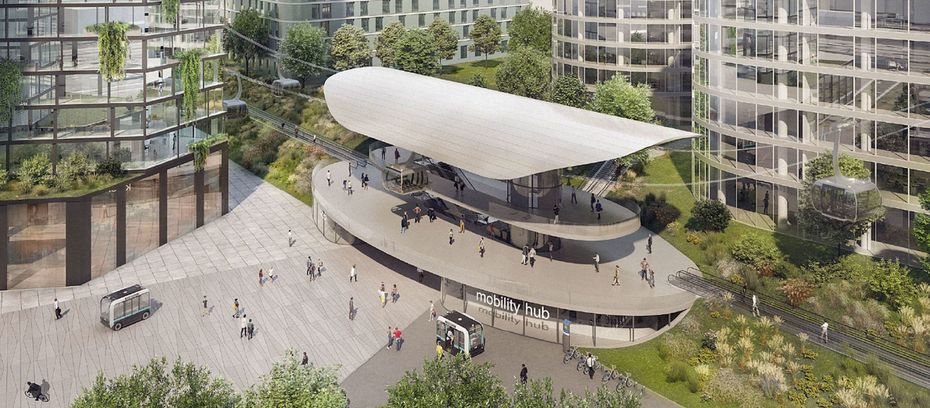
Cities, SI Urban 2/2020
A CABLE CAR TROUGH THE DISTRICT
Escape to the air where there is not enough space on the ground: that is the idea behind the cable car in Munich, as German property journal Immobilien Zeitung reports. This is specifically about an area in the east of the city, which has become tired and is now being upgraded by property developers (such as CV Real Estate) into a modern office park with many high-rise buildings.
However, connection to the local public transport is a challenge; at the moment, the area is served only by the bus. With several thousand jobs expected, that is too little. “Even now, potential tenants are already asking how we want to solve the transport problem,” CV Real Estate Chief Executive Christian Vogrincic tells Immobilien Zeitung.
The property developer does not want to wait for the city in order to devise a transport solution. In the past year he has therefore established his own think tank, CV Innovation Lab.
Plans with an extension
This think tank has now proposed an urban cable car, which would extend over a good two kilometres, from Leuchtenbergring suburban railway station via Bavaria Towers to Hüllgraben. An extension to Munich exhibition centre, three kilometres away, would also be possible.
The planners would favour a line through the present industrial park. However, all the landowners there would have to be on board. Alternatively, the route could run along the tracks on the edge of the area.
A second line could connect Berg am Laim suburban railway station to the DIBAG development area on Eggenfeldener Straße, across the motorway. Further residential and commercial buildings are planned on the site, which has an area of more than six hectares.
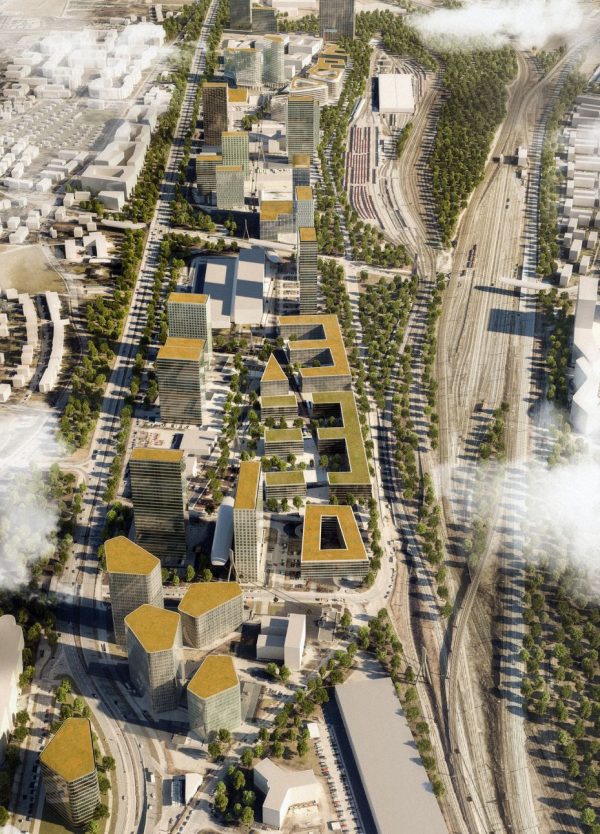
Change is coming for the industrial park on Zamdorfer Straße. Author: Matthias Schukies
Schnelle Realisierbarkeit
“This is more than just a mental experiment,” Immobilien Zeitung quotes Friedrich Wilkening from CV Innovation Lab. He recognises the advantages particularly in the rapid feasibility. Technically, the construction of a cable car can be achieved in under two years. The planning and approval times should also be significantly quicker than for a metro or a tram route.
The transport capacities here are roughly comparable. However, arguably the biggest advantage would be that the cable car is independent of the traffic jams on the ground.
Further cable car plans
The cable car from CV Innovation Labs is positioned in a whole series of cable car plans in the greater Munich area. As such, a cable car would run via Frankfurter Ring in the north of Munich and over 4.5 kilometres to connect metro stations Oberwiesenfeld and Studentenstadt. The feasibility has been under investigation in a study since September last year.
Meanwhile, Munich’s neighbouring town of Germering is working on the feasibility study for a 6.4-kilometre route from Germering to Pasing. In Kempten, investigations are underway for a cable car between the railway station and the town centre. Not least, since summer 2019 the town of Dachau has been examining whether a ten-kilometre connection is feasible between the railway station and the Munich metro station of Moosach with a stop in Karlsfeld.
